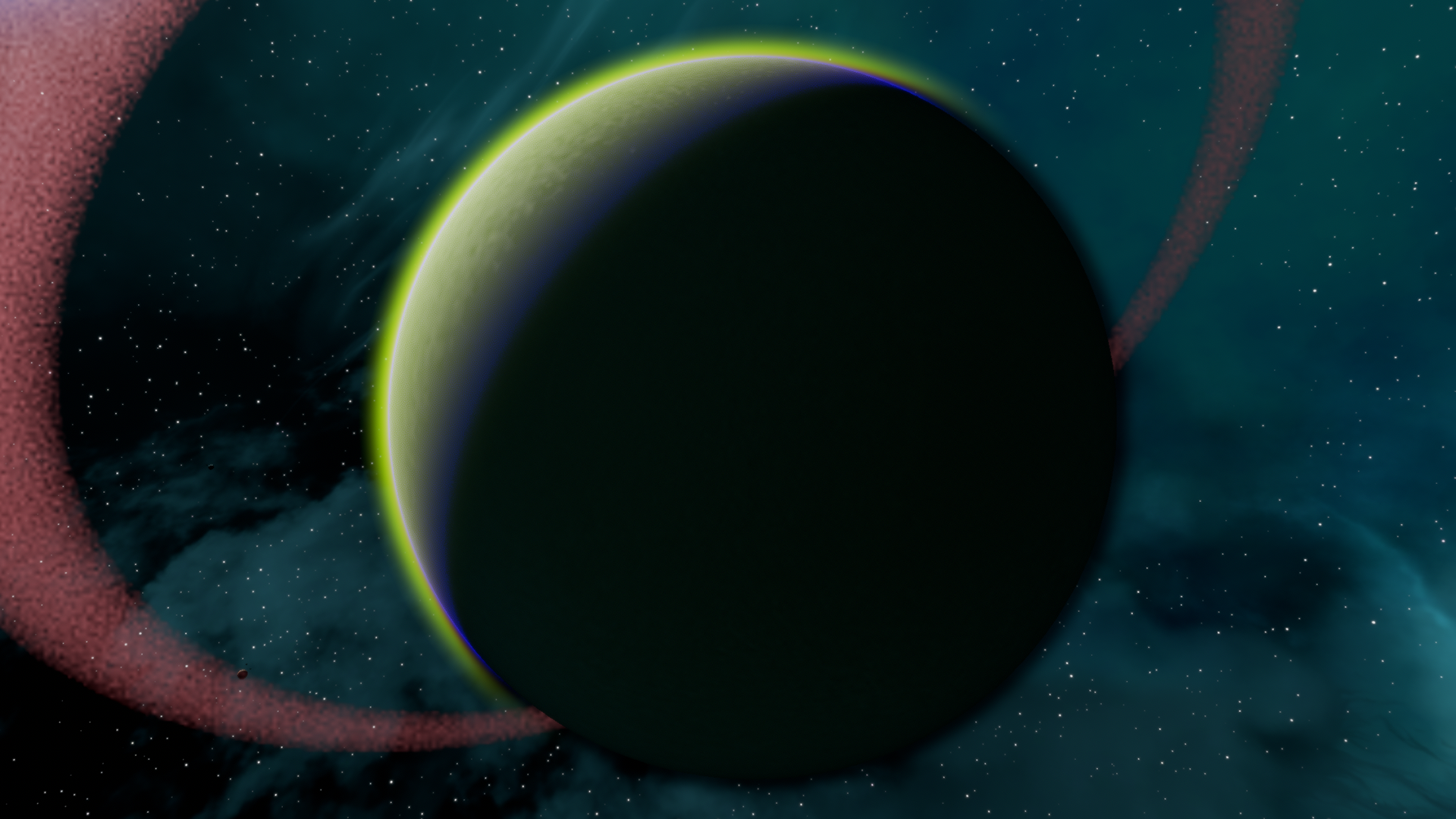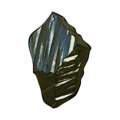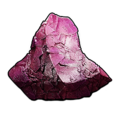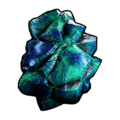Difference between revisions of "Mavka"
| Line 50: | Line 50: | ||
==Nomenclature== | ==Nomenclature== | ||
From [[wikipedia:Slavic_paganism|Slavic mythology]], a '''Mavka''' is a type of [[wikipedia:Spirit_(supernatural_entity)| | From [[wikipedia:Slavic_paganism|Slavic mythology]], a '''Mavka''' is a type of [[wikipedia:Spirit_(supernatural_entity)|spirit]] associated with mountain rivers and forests, originating in [[wikipedia:Central_Ukraine|Central Ukrainian]] [[wikipedia:Ukrainian_folklore|folklore]], sharing some similarities with the [[wikipedia:Folklore_of_Russia|Russian]] ''[[wikipedia:Rusalka|Rusalka]]''. The ''Mavka'' is a vengeful spirit which represents the souls of women who have died unnatural, tragic, or premature deaths, and cast neither shadows nor reflections wherever they go. They were sometimes said to help farmers by looking after cattle and driving out wild animals, but most often they were said to appear near the edges of forests and in the mountains in order to lure unsuspecting young men to their deaths, presenting them with gifts of flowers with which they also [[wikipedia:Wreath_(attire)|adorned]] themselves. | ||
[[Category:Atmosphere - Surtrite/Karnite]] | [[Category:Atmosphere - Surtrite/Karnite]] | ||
Revision as of 06:29, 29 June 2024
(Ukrainian) - IPA(key)
Mavka (/ˈmɑːv.kɑː/) is the second closest moon to Eos. It is the closest moon to Eos to also have its own subsatellite, Kupalo, and its own asteroid belt, which is thin and has a hue like faded wine. Though as bumpy and rough as any astronomical object, its surface is relatively smooth and devoid of any significant mountains, crevasses, or craters. Throughout the day, its atmosphere glows an intense yellowish green, but at sunset and sunrise, a stripe of deep blue cuts beneath it.
Nomenclature
From Slavic mythology, a Mavka is a type of spirit associated with mountain rivers and forests, originating in Central Ukrainian folklore, sharing some similarities with the Russian Rusalka. The Mavka is a vengeful spirit which represents the souls of women who have died unnatural, tragic, or premature deaths, and cast neither shadows nor reflections wherever they go. They were sometimes said to help farmers by looking after cattle and driving out wild animals, but most often they were said to appear near the edges of forests and in the mountains in order to lure unsuspecting young men to their deaths, presenting them with gifts of flowers with which they also adorned themselves.








